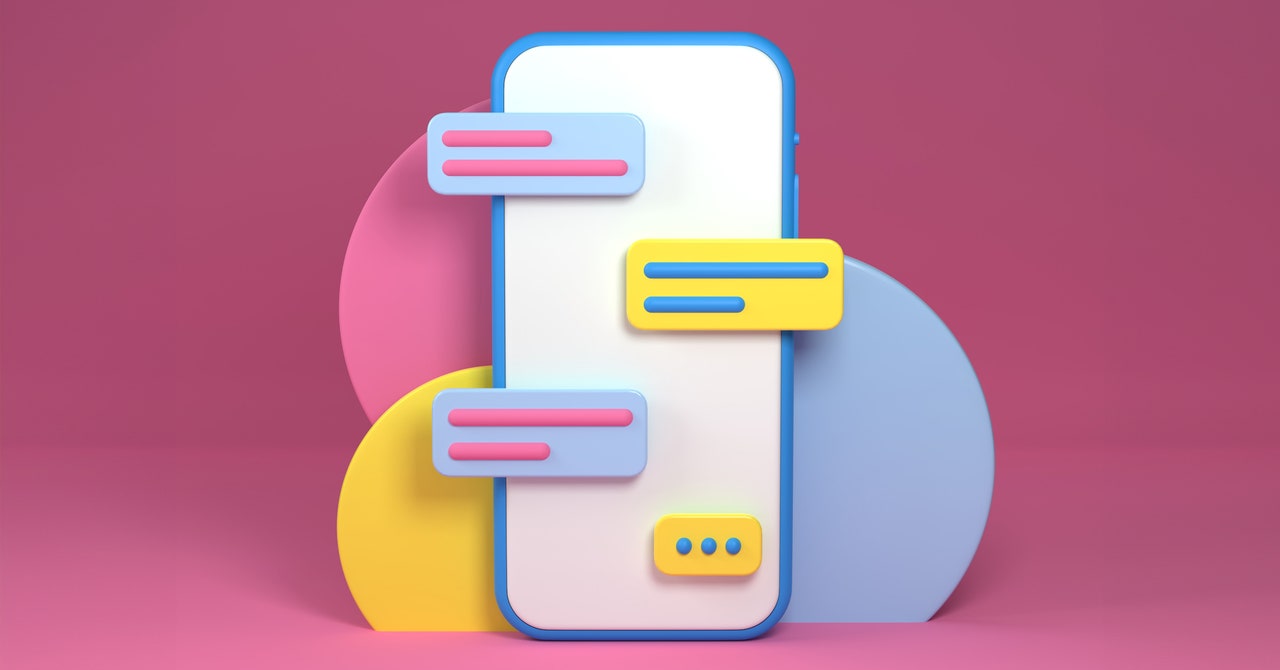When Beeper launched a version of its long-in-the-works “iMessage for Android” app a couple of weeks ago, flaunting its ability to turn green Android texts into Apple’s proprietary blue bubble messages, the upstart knew that this would likely get Apple’s attention.
It just didn’t anticipate getting this much attention.
Since Beeper launched its Mini app in the Google Play Store on December 5, the app has suffered mysterious outages, was mentioned in a tweet by US senator Elizabeth Warren of Massachusetts, and is now the subject of a letter sent to the Department of Justice calling for a deeper investigation into what has happened to Beeper. It’s a dramatic turn for an app that was supposed to be a simple bridge between green-bubble and blue-bubble texts—and has firmly positioned the app as a David to Apple’s Goliath.
The ongoing Beeper saga has also sparked discourse about interoperability between messaging apps and whether Apple’s tight control over its software systems is justified or anticompetitive.
“There are real antitrust implications here, and most people aren’t really getting the full picture,” says Eric Migicovsky, Beeper cofounder and a well-known open source software advocate. “They think, ‘Apple made iMessage, therefore they get exclusive rights to control access to it.’ But when you make a phone that’s used by more than 50 percent of the population in the States, and you make your app the default, you’re held to a higher degree of rules and regulation.” (By some estimates, iPhone market share in the US is less than 50 percent; Apple also doesn’t prevent iPhone users from using any chat app they choose but does default to Messages for incoming texts that are tied to a cellular number.)
For over three years now, Beeper has been trying to launch a mobile app for Android users that would allow them to interact with iPhone’s proprietary messages in a way that didn’t “break” the rich features or security protections that come with iPhone-to-iPhone messages.
Apple’s Messages app—which is sometimes referred to as iMessage and sometimes Messages, depending on whether one is referring to the protocol or the actual app—is fully controlled by Apple and offers end-to-end encryption. It’s available only on Apple devices, like iPhones, iPads, and Macs; Apple’s leadership has expressed in the past that making the app’s rich messaging features available on Android would hurt Apple’s lock-in strategy. So, if you’re on a group chat with a combination of iPhone and Android users all using their phones’ default messaging apps, the chat will use SMS texts and not Apple Messages.
